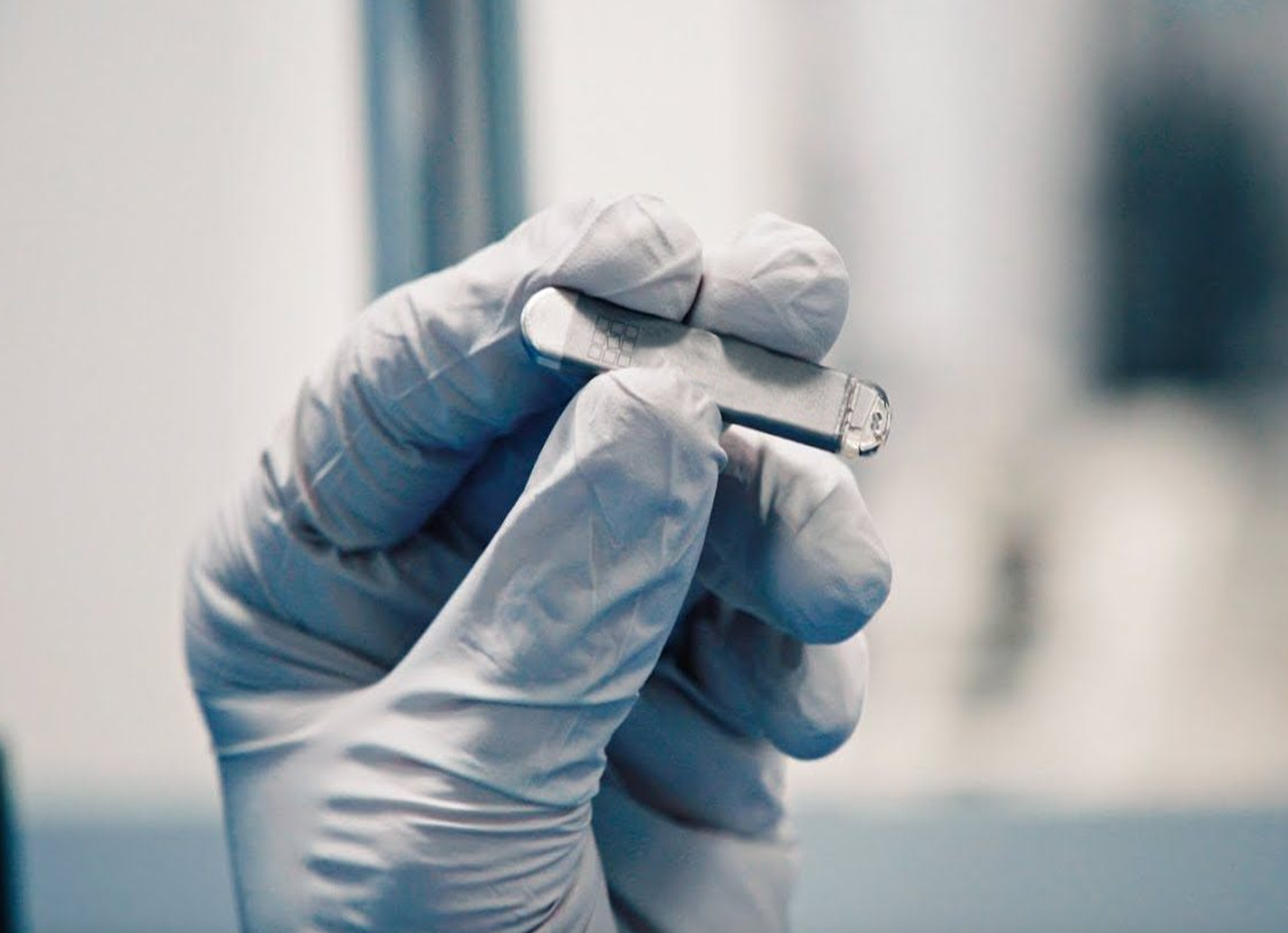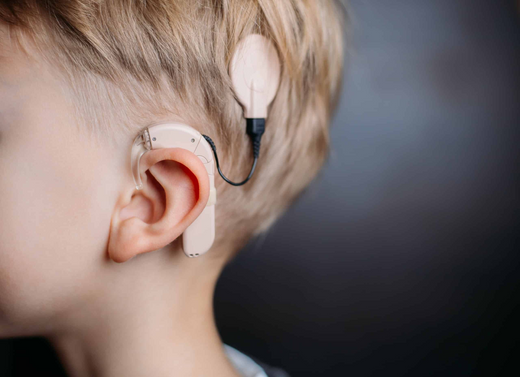Understanding Biocompatibility: Permanent Magnets in Medical Devices - Part 1
Part 1 of a 4-Part Series on Magnetic Solutions for Medical Device Manufacturing
The use of permanent magnets in medical devices has become increasingly prevalent due to their ability to provide effective and non-invasive treatments. However, when incorporating magnets into medical devices, it is crucial to ensure biocompatibility to minimize adverse reactions and ensure patient safety. Magnetic materials are not biocompatible on their own as corrosion can take place on the surface of the magnets if no additional barrier is applied.
SM Magnetics, an industry leader in medical magnets, has developed cutting-edge solutions for biocompatible permanent magnet coatings and designs. We have been partnering with medical innovators for years to provide custom magnetic solutions that solve their toughest challenges and exceed the highest standards of quality and consistency.
In this four-part series, we will explore critical considerations for medical device manufacturers when integrating permanent magnets into their products. In this first installment, we focus on the importance of biocompatibility, a key factor in ensuring patient safety and device efficacy.
Understanding Biocompatibility
What is Biocompatibility?
Biocompatibility refers to the ability of a material or a medical device to interact with a biological system, such as living tissues, cells, and organisms, without causing any harmful effects. In the context of medical devices, biocompatibility ensures that the materials used in these devices do not induce adverse reactions, inflammation, toxicity, or other negative responses when they come into contact with the human body.
Importance of Biocompatibility in Medical Devices
Biocompatibility is of critical importance in medical devices for several reasons:
- Patient Safety: Medical devices are designed to diagnose, treat, or assist patients with various medical conditions. Ensuring the safety of patients is crucial, and using biocompatible materials helps minimize risks of adverse reactions and device failures.
- Long-Term Compatibility: Many medical devices are implanted or used for extended periods within the body. Biocompatibility ensures that the device doesn't cause chronic inflammation, tissue damage, or other complications over time.
- Prevention of Rejection: In implantable devices, biocompatible materials reduce the likelihood of the body's immune system rejecting the foreign object.
- Regulatory Compliance: Regulatory agencies, such as the U.S. Food and Drug Administration (FDA) and the European Medicines Agency (EMA), require manufacturers to demonstrate the biocompatibility of medical devices before they can be approved for use.
Example in Figure below: Application implant of parylene magnetic beads in the calf muscles
K. Lisa Yang Center for Bionics, Massachusetts Institute of Technology, Cameron Taylor

See a couple of other examples below:
- Evaluated and developed the shape, size, material, and coating requirements for a medical application involving short-term holding of tissue within the upper digestive system.
- Optimized magnetic circuit design for drug delivery application and manufacture magnetics, magnetic assemblies, and injection molded portions of the delivery in medical device.
Overall, the choice of biocompatible material depends on the specific application, the device's intended use, and the expected interactions with the body's biological systems. Manufacturers must conduct thorough testing to ensure the biocompatibility of materials for their intended medical applications.
Stay tuned for the next part of our series
We’ll dive into the design considerations for permanent magnet selection in medical devices, ensuring optimal performance and patient outcomes.
Require Support on Your Project? Get Started Today!
If you’re looking to integrate biocompatible magnets into your medical devices or need expert guidance on your next project, SM Magnetics is here to help. Contact us today to discuss your specific needs, and let’s explore how we can support your innovation with our cutting-edge magnetic solutions.
About SM Magnetics: SM Magnetics is a privately owned company, providing design assistance with magnets, magnetic circuit design, engineering support, and production. For more information visit our website www.smmagnetics.com.




